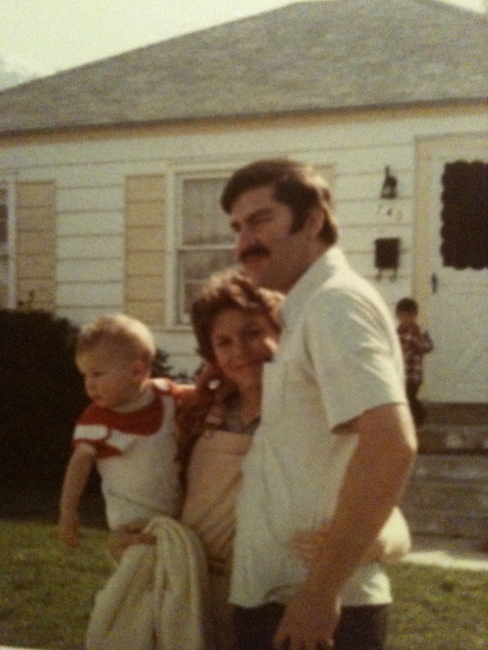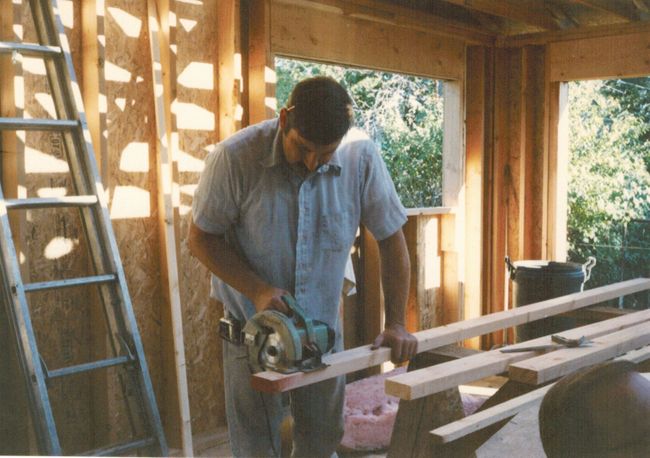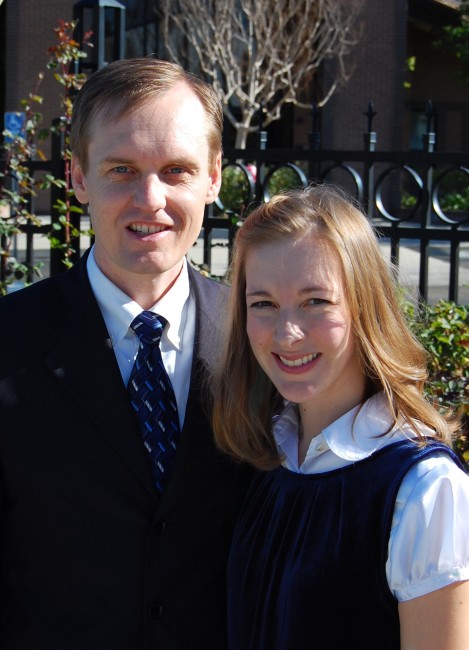I have been reading my journals of my marriage years this week. Richard and I have seen some challenges and gone through difficulties of many kinds. We have served in the Church and been apart many nights and early mornings in this service. We have weathered the baby years with little sleep, years of isolation from extended family, financial challenges, and health issues. I have seen my immaturity when dealing with trials in the pages of these journals. I have observed a growing appreciation for Richard and an ongoing discovery of how powerful my need is for his companionship. I have felt sad that I allowed our date nights to slip when the kids were young and so needy. I have felt sad for the times when I was grumpy. Tucked inside my journal was a talk that I gave in church in 2010 about marriage. This was a year when there was little sleep and there were many obligations. Its message helped me feel some comfort about my regrets that we didn’t have a perfect marriage then (and still don’t). I feel a need to share a part of it.
I think about the house I lived in while growing up. It was a fixer-upper. My parents bought a vandalized and desolate house and over the years made it into something very special. More than one time the ceiling threatened to collapse because of a leaky swamp cooler, and the doors and windows were covered in plastic during construction of an addition. There is a lesson in this. Although the house needed repair, the foundation was sure. And though necessary changes and additions were made, the original foundation served its purpose through the seasons of my parents’ marriage.
Just like a house, a successful marriage must be constantly maintained and nurtured. The most important element of a successful marriage is the foundation of covenants made in the temple. Knowing the importance God places on marriage, this relationship should be our priority.
Elder Richard G Scott said, “Through the restored gospel we learn there is an ideal family. It is a family composed of a righteous Melchizedek Priesthood bearer with a righteous wife sealed to him and children born in the covenant or sealed to them. They fulfill their divinely appointed roles mentioned in the family proclamation.”
Elder Scott counseled us to “Put first things first. Do the best you can while on earth to have an ideal family.”
I felt better after reading this because Richard and I have been through some years of renovations and additions. “Doing my best” hasn’t amounted to a constantly cheerful countenance and date nights every week. It has meant a lifetime of going to church each week and holding family home evening and family prayer as best we can. It’s meant 20 years of teamwork and loyalty. My attitude has sometimes looked like the early picture of my parents’ house and I don’t understand why we have certain challenges. Some of my favorite people have not had the opportunity to be married. Some of my favorite people have not been blessed with children. Others have been abandoned by a spouse. But the goal is the same for all of us: we strive toward the goal of an ideal family, regardless of our circumstances. We may have a wing of the house missing or the floors that creak, but it’s worth it to visualize and work for something better. Keeping covenants is the foundation of an ideal family. Construction is part of the plan for a beautiful house for each of us.






